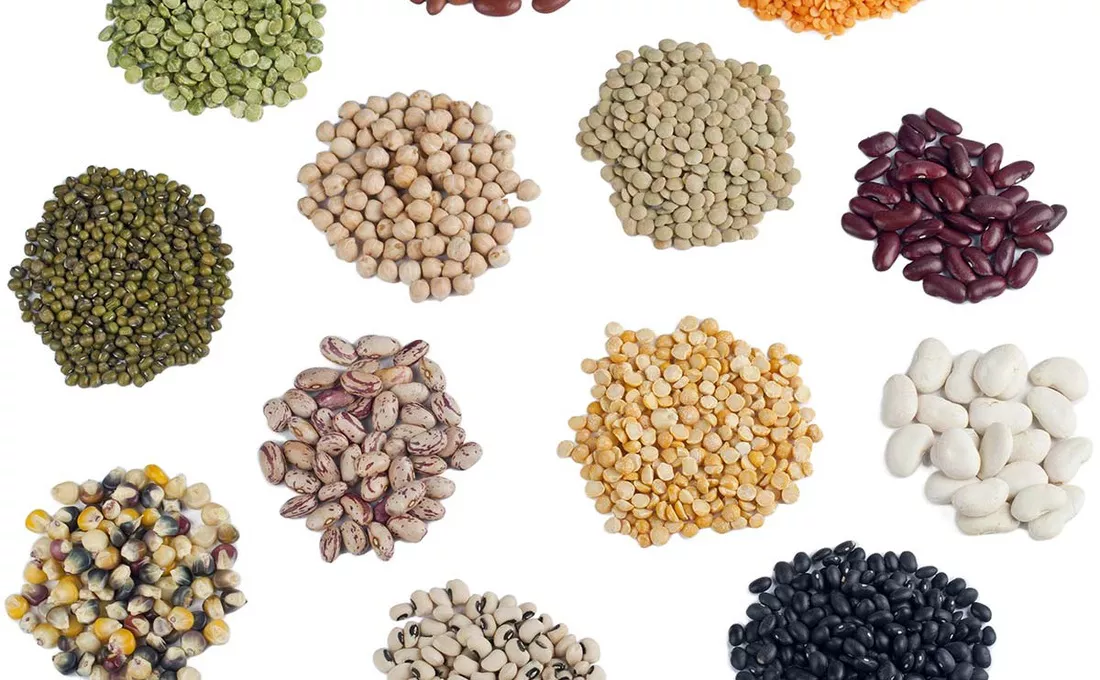High blood pressure, or hypertension, is a common health condition that affects millions of people worldwide. It is often referred to as a “silent killer” because it can lead to serious complications such as heart disease, stroke, and kidney damage if left untreated. While medications and lifestyle changes are commonly prescribed to manage high blood pressure, dietary interventions can also play a crucial role. Seeds, in particular, are nutrient-dense foods that have been studied for their potential benefits in managing blood pressure. In this article, we will explore which seeds are good for high blood pressure and how they can be incorporated into a healthy diet.
High blood pressure often has no noticeable symptoms, which is why regular monitoring is crucial. Lifestyle factors such as diet, physical activity, stress levels, and weight can all influence blood pressure levels. Incorporating seeds into a balanced diet is one dietary approach that may help manage high blood pressure.
The Benefits of Seeds for High Blood Pressure
Seeds are nutritional powerhouses packed with essential nutrients, including fiber, healthy fats, protein, vitamins, and minerals. They offer a range of health benefits, including promoting heart health, reducing inflammation, and supporting overall well-being. When it comes to high blood pressure, certain seeds stand out for their potential to lower blood pressure levels and improve cardiovascular health. Let’s explore some of these beneficial seeds:
See Also: Which Juice Is Good for Low Blood Pressure
Flaxseeds:
Flaxseeds are rich in alpha-linolenic acid (ALA), a type of omega-3 fatty acid that has been linked to lower blood pressure.
Studies suggest that regular consumption of flaxseeds or flaxseed oil may help reduce systolic and diastolic blood pressure.
Flaxseeds are also high in fiber, which can contribute to heart health by promoting healthy cholesterol levels and supporting digestive health.
Chia Seeds:
Chia seeds are another excellent source of omega-3 fatty acids, particularly ALA.
Research indicates that adding chia seeds to the diet may help lower blood pressure, improve lipid profiles, and reduce inflammation.
These tiny seeds are also packed with antioxidants and fiber, making them a nutritious addition to meals and snacks.
Pumpkin Seeds:
Pumpkin seeds are rich in magnesium, a mineral that plays a crucial role in blood pressure regulation.
Studies have shown that magnesium deficiency is associated with higher blood pressure levels, and increasing magnesium intake through foods like pumpkin seeds may help lower blood pressure.
Additionally, pumpkin seeds contain antioxidants and heart-healthy fats, making them a heart-friendly snack option.
Sesame Seeds:
Sesame seeds are a good source of lignans, which are plant compounds with antioxidant and anti-inflammatory properties.
Research suggests that sesame lignans may have a beneficial impact on blood pressure by improving endothelial function and reducing oxidative stress.
Incorporating sesame seeds into meals, salads, or snacks can provide a flavorful way to support heart health.
Sunflower Seeds:
Sunflower seeds are rich in vitamin E, an antioxidant that may help protect blood vessels and support cardiovascular health.
These seeds also contain phytosterols, plant compounds that have been associated with lowering cholesterol levels, which is beneficial for heart health.
Including sunflower seeds in a balanced diet can contribute to overall heart-protective benefits.
Tips for Incorporating Seeds Into Your Diet
Now that we’ve covered some of the seeds that are good for high blood pressure, let’s discuss how you can easily incorporate them into your daily meals:
Add to Breakfast Foods:
Sprinkle chia seeds or ground flaxseeds on top of yogurt, oatmeal, or cereal for a nutrient boost.
Include pumpkin seeds in homemade granola or breakfast bars for a crunchy and nutritious start to your day.
Use as Salad Toppings:
Toasted sesame seeds can add a flavorful crunch to salads, stir-fries, and vegetable dishes.
Incorporate sunflower seeds into salads for added texture and heart-healthy fats.
Blend into Smoothies:
Include a tablespoon of ground flaxseeds or chia seeds in your favorite smoothie recipes for an extra dose of omega-3s and fiber.
Try adding a handful of pumpkin seeds to green smoothies for added protein and minerals.
Snack on Seeds:
Keep a mix of roasted seeds, such as pumpkin, sunflower, and sesame seeds, for a convenient and nutritious snack.
Make homemade seed bars or energy bites using a combination of your favorite seeds, nuts, and dried fruits.
Use as a Topping:
Sprinkle sesame seeds on top of roasted vegetables, noodles, or rice dishes for a flavorful finishing touch.
Incorporate ground flaxseeds into baked goods like muffins, bread, or pancakes for added fiber and nutrients.
Conclusion
In conclusion, incorporating certain seeds into your diet can be a beneficial strategy for managing high blood pressure and promoting overall heart health. Flaxseeds, chia seeds, pumpkin seeds, sesame seeds, and sunflower seeds are all excellent choices due to their nutrient content and potential cardiovascular benefits. By including these seeds in your meals and snacks regularly, you can contribute to a heart-healthy eating pattern that supports optimal blood pressure levels and reduces the risk of cardiovascular disease. As always, it’s essential to consult with a healthcare professional or registered dietitian for personalized dietary recommendations tailored to your specific health needs.

